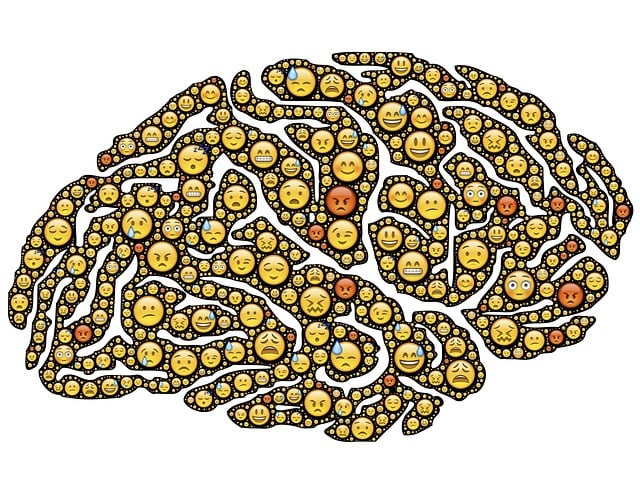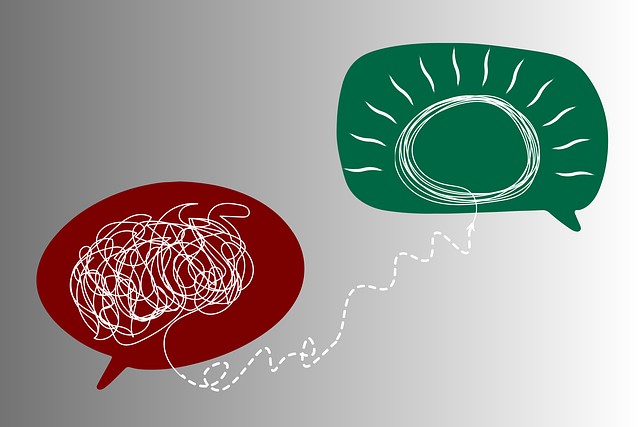In a world increasingly burdened by mental wellness issues, Broomfield Mindfulness Therapy advocates for comprehensive education programs that destigmatize mental illness, equip individuals with coping strategies, and promote emotional resilience through mindfulness, journaling, and confidence-boosting activities. These programs, backed by research and tailored to diverse cultural backgrounds, foster compassion and empathy. Implementing Broomfield Mindfulness Therapy in schools through interactive workshops, partnerships with coaching programs, and teacher training can develop essential coping mechanisms from a young age. Success is measured through student participation, feedback, stress levels, emotional well-being, and regular reviews of mental health policies to align with best practices.
In today’s fast-paced world, mental health education programs are more crucial than ever. This article explores the design of an effective Broomfield Mindfulness Therapy program, focusing on understanding the growing need for such initiatives. We delve into key components, implementation strategies, and success measurement, providing insights that can revolutionize community well-being. By embracing evidence-based practices, we can foster a healthier and more resilient society, making Broomfield Mindfulness Therapy a game-changer in mental health education.
- Understanding the Need for Mental Health Education Programs
- Key Components of an Effective Broomfield Mindfulness Therapy Program
- Implementation Strategies and Measuring Success
Understanding the Need for Mental Health Education Programs

In today’s fast-paced world, the importance of mental health education programs cannot be overstated. Issues related to mental wellness have become increasingly prevalent, affecting individuals across various demographics, as acknowledged by Broomfield Mindfulness Therapy. Schools, workplaces, and communities are all experiencing heightened demand for resources that promote mental resilience and coping strategies. Implementing comprehensive education initiatives is a proactive step towards fostering an environment where people feel equipped to manage their mental health effectively.
These programs play a pivotal role in destigmatizing mental illness, encouraging open conversations, and providing individuals with the tools they need to thrive. A well-designed mental health curriculum often incorporates various techniques like mindfulness practices, confidence-boosting activities, and journaling exercises to guide users through self-reflection and emotional regulation. Furthermore, training for mental health professionals is essential, including risk assessment guidelines to ensure safe and effective practice, as emphasized by the relevant industry experts.
Key Components of an Effective Broomfield Mindfulness Therapy Program

An effective Broomfield Mindfulness Therapy program should incorporate several key components to ensure its success. Firstly, it must be designed with a strong foundation in research-backed mindfulness techniques, teaching participants practical skills to manage stress, improve focus, and enhance overall mental wellness. These practices, often derived from ancient meditative traditions, are adapted for modern contexts through scientific inquiry, ensuring their relevance and effectiveness in today’s fast-paced world.
Additionally, Cultural Sensitivity in Mental Healthcare Practice is paramount. A thoughtful program acknowledges and respects the diverse backgrounds of its participants, tailoring activities and discussions to foster an inclusive environment. This approach not only promotes better engagement but also ensures that mindfulness practices resonate with individuals from various cultural perspectives. Compassion Cultivation Practices play a pivotal role in this, encouraging empathy, kindness, and understanding, which are essential for maintaining mental health and building supportive communities.
Implementation Strategies and Measuring Success

Implementing a mental health education program requires a strategic approach. One effective strategy is integrating Broomfield Mindfulness Therapy techniques into existing educational curricula, ensuring students develop essential coping mechanisms from an early age. This can be achieved through interactive workshops and mindfulness exercises tailored to different age groups. Schools can also partner with mental wellness coaching programs to provide ongoing support and professional development for teachers, fostering a culture of open dialogue about mental health.
Measuring the success of such initiatives is crucial. Evaluating student participation and feedback forms an essential part, providing insights into the program’s impact on their mental wellness. Moreover, analyzing changes in self-reported stress levels and emotional well-being through pre and post-program surveys can offer quantitative data. Regular reviews of mental health policy analysis and advocacy efforts within schools also ensure the program aligns with current best practices and community needs, fostering a comprehensive approach to student mental health.
Broomfield Mindfulness Therapy programs have proven to be effective in enhancing mental well-being. By integrating key components such as mindfulness practices, educational workshops, and community support, these initiatives can significantly improve individuals’ resilience and coping mechanisms. Successful implementation strategies include fostering a safe learning environment, tailoring content to diverse needs, and regularly measuring participant outcomes. As we navigate the challenges of modern life, investing in mental health education becomes increasingly vital, ensuring folks have the tools they need to thrive.














